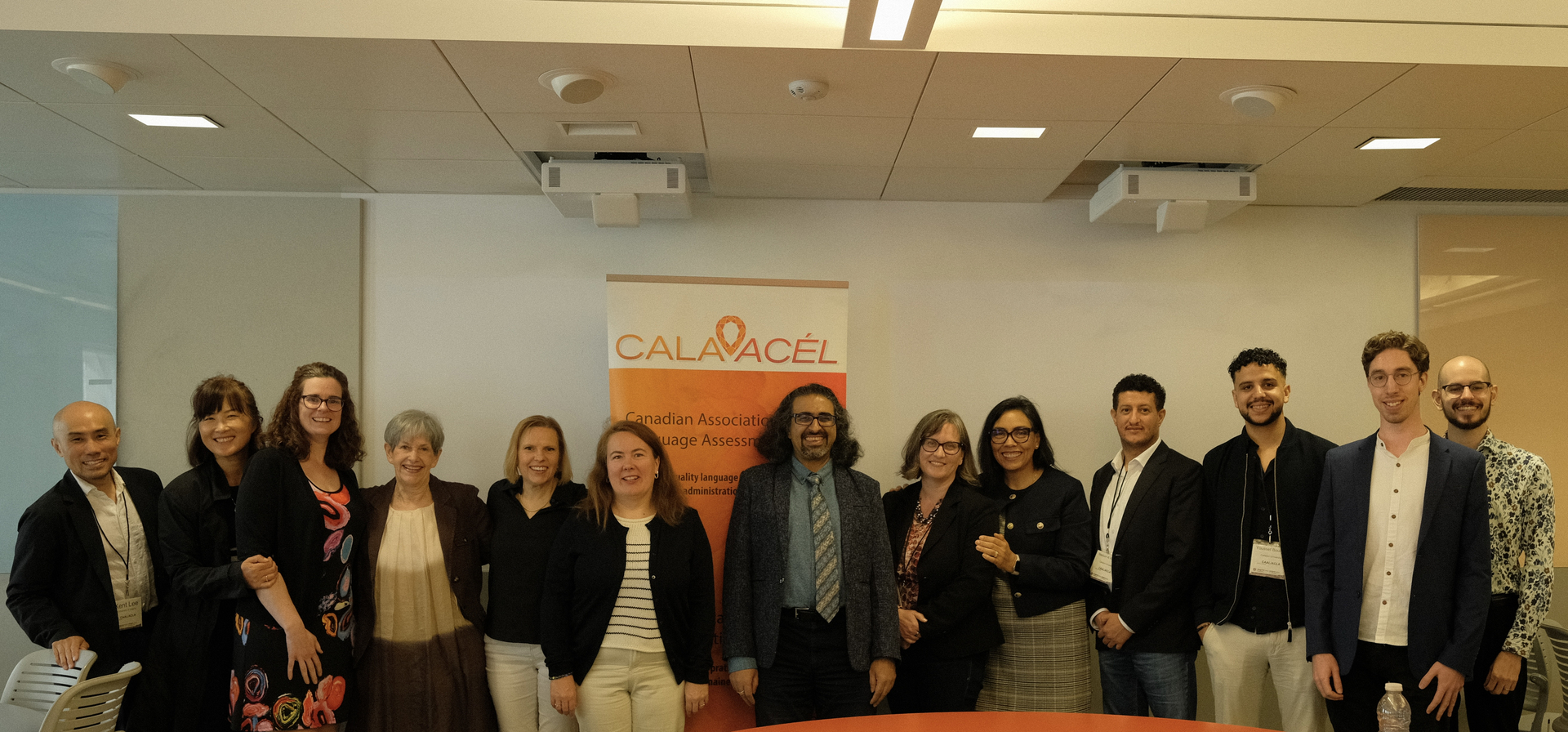Professional Representations of Oral Interaction Competence Assessment among Second Language Teachers
This research aims to describe and explain the professional representations of oral interaction competence assessment among secondary school second language teachers in Quebec. An emic perspective allows to view their assessment literacy as insider knowledge rather than a deficit of scientific understanding (Goffman, 1959; Mauss, 1969). After conducting semi-structured interviews with these teachers, we will perform both content and discourse analyses, shedding light on the underlying assumptions, values, and social influences that shape these representations (Bardin, 2013; Piaser & Bataille, 2011). This approach considers the dynamic and situational aspects of discourse, recognizing that the way teachers discuss assessment in interviews may differ from their in-class practices (Goffman, 1959). It highlights the rhetorical strategies and narrative constructions teachers may use to present themselves as competent professionals (Amossy, 2010). We aim to uncover the intricate ways in which professional socialization and identity influence teachers’ assessment representations, providing insights that are not only specific to the interview context, but applicable to understanding other professional settings as well. References Amossy, R. (2010). La présentation de soi : Ethos et identité verbale. Presses Universitaires de France. Bardin, L. (2013). L'analyse de contenu. Presses Universitaires de France. https://doi.org/10.3917/puf.bard.2013.01 Goffman, E. (1959). The Presentation of Self in Everyday Life. Doubleday Anchor Books. Mauss, M. (1969). Oeuvres II : Représentations collectives et diversité des civilisations. Les Éditions de Minuit. Piaser, A., & Bataille, M. (2011). Of Contextualized Use of “Social” and “Professional”. In Education, Professionalization and Social Representations: On the Transformation of Social Knowledge. Routledge.
